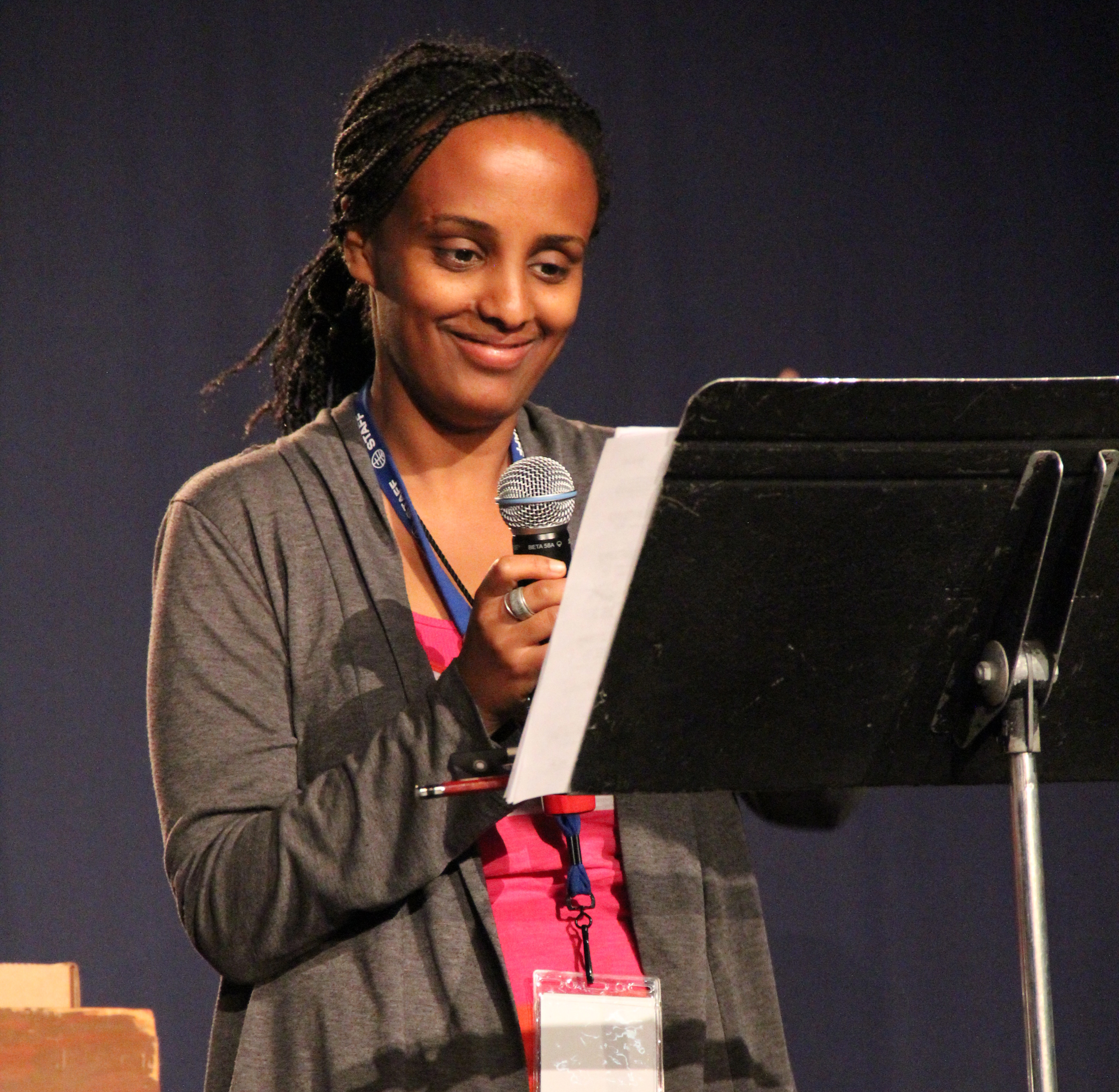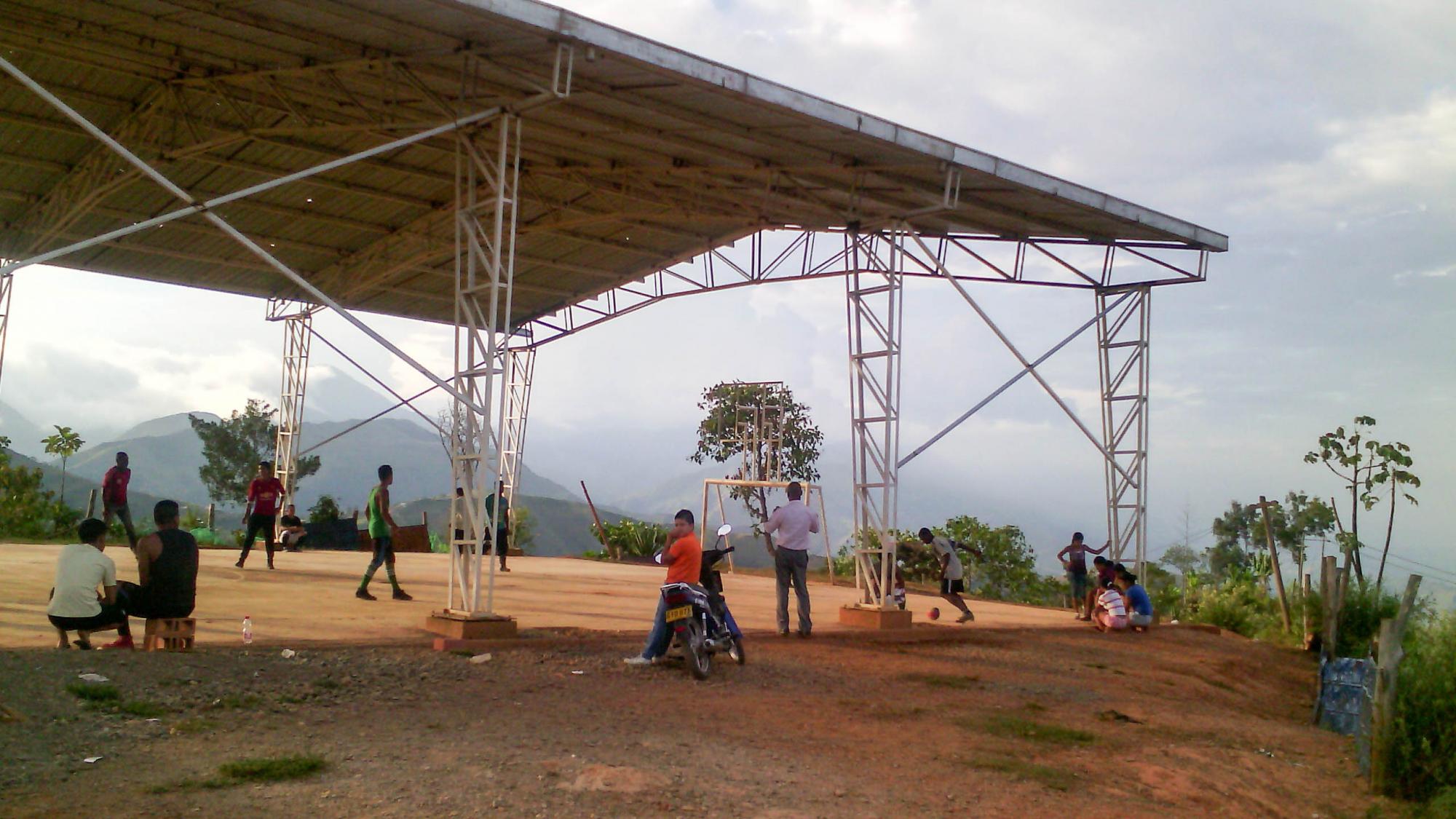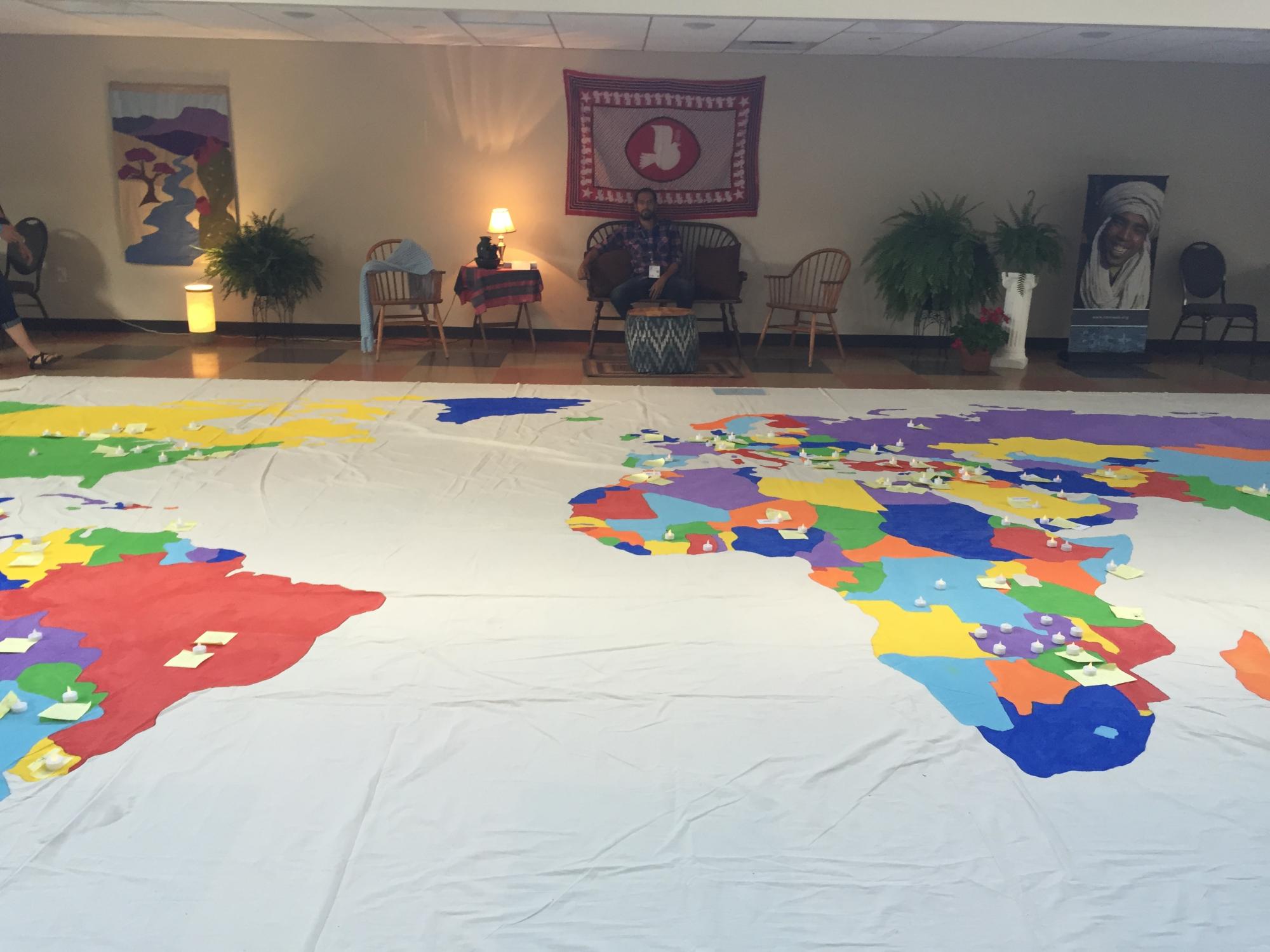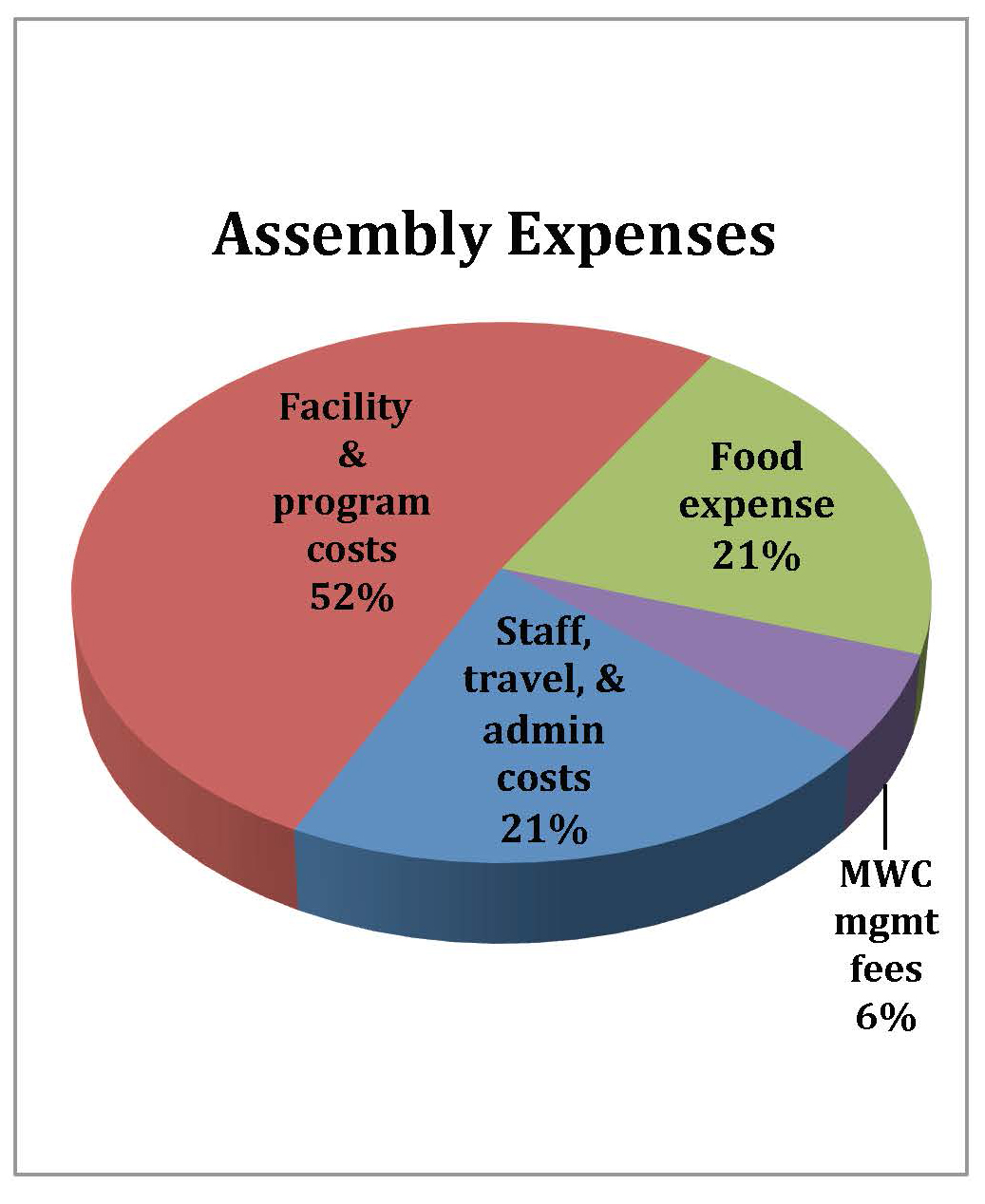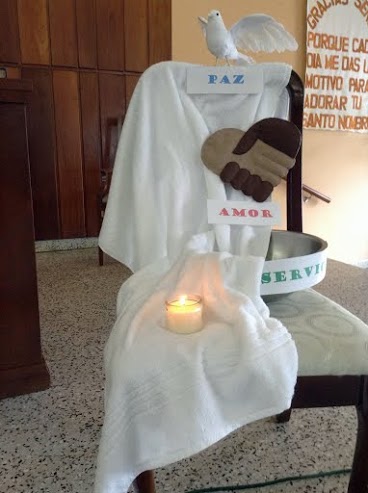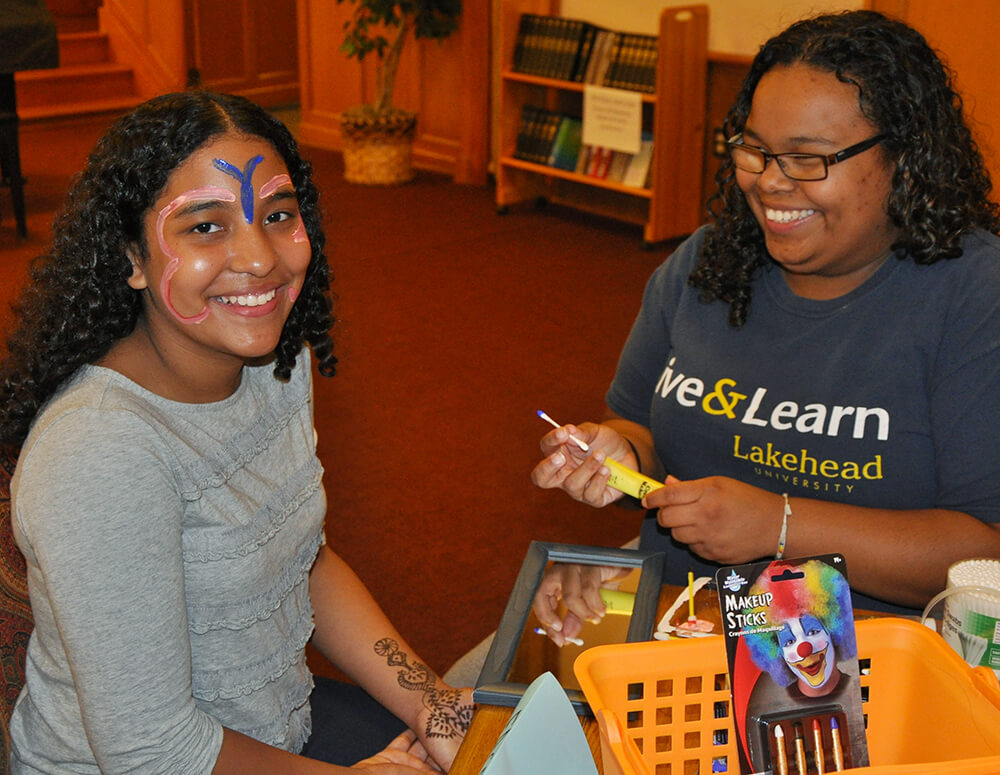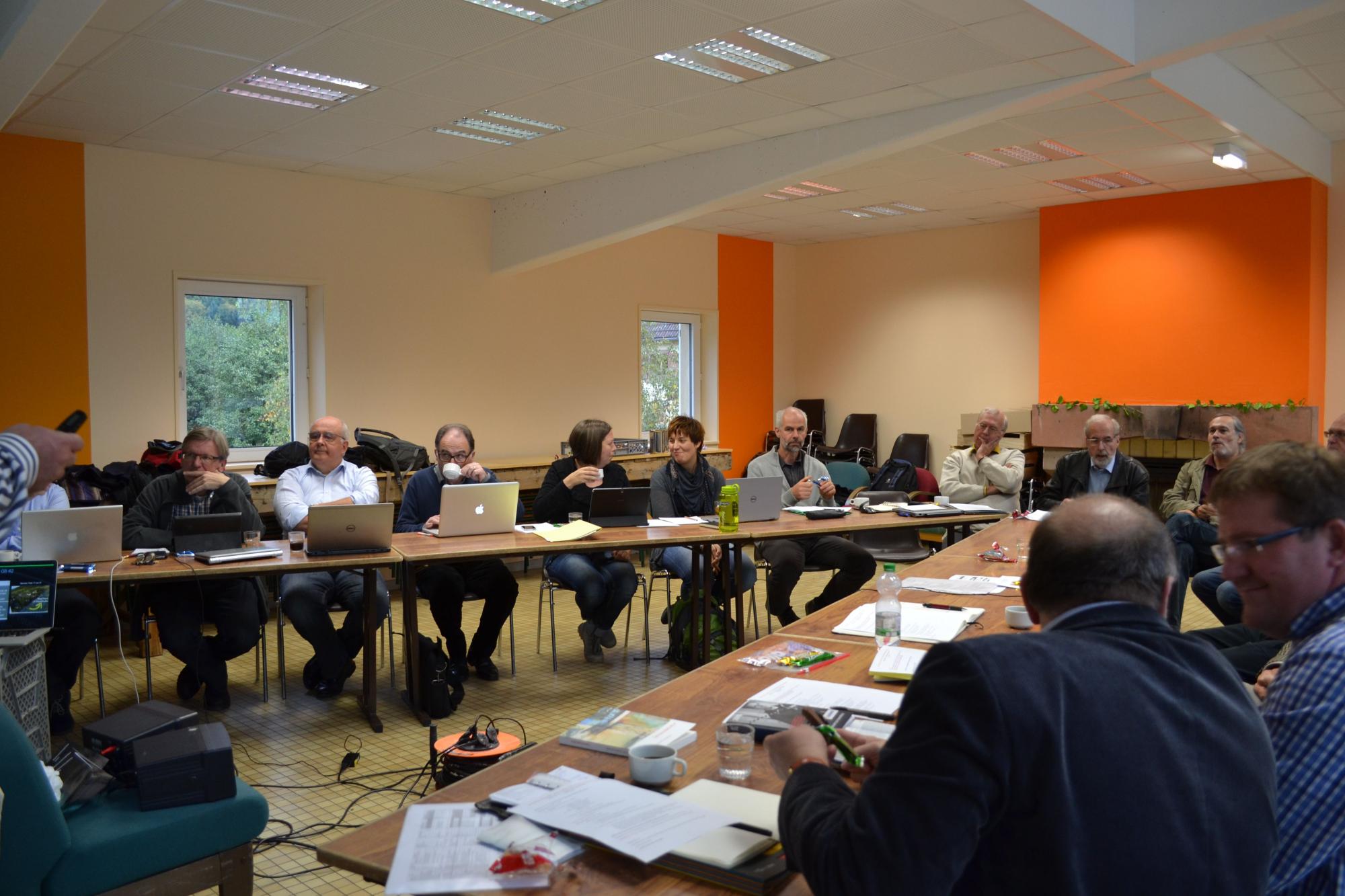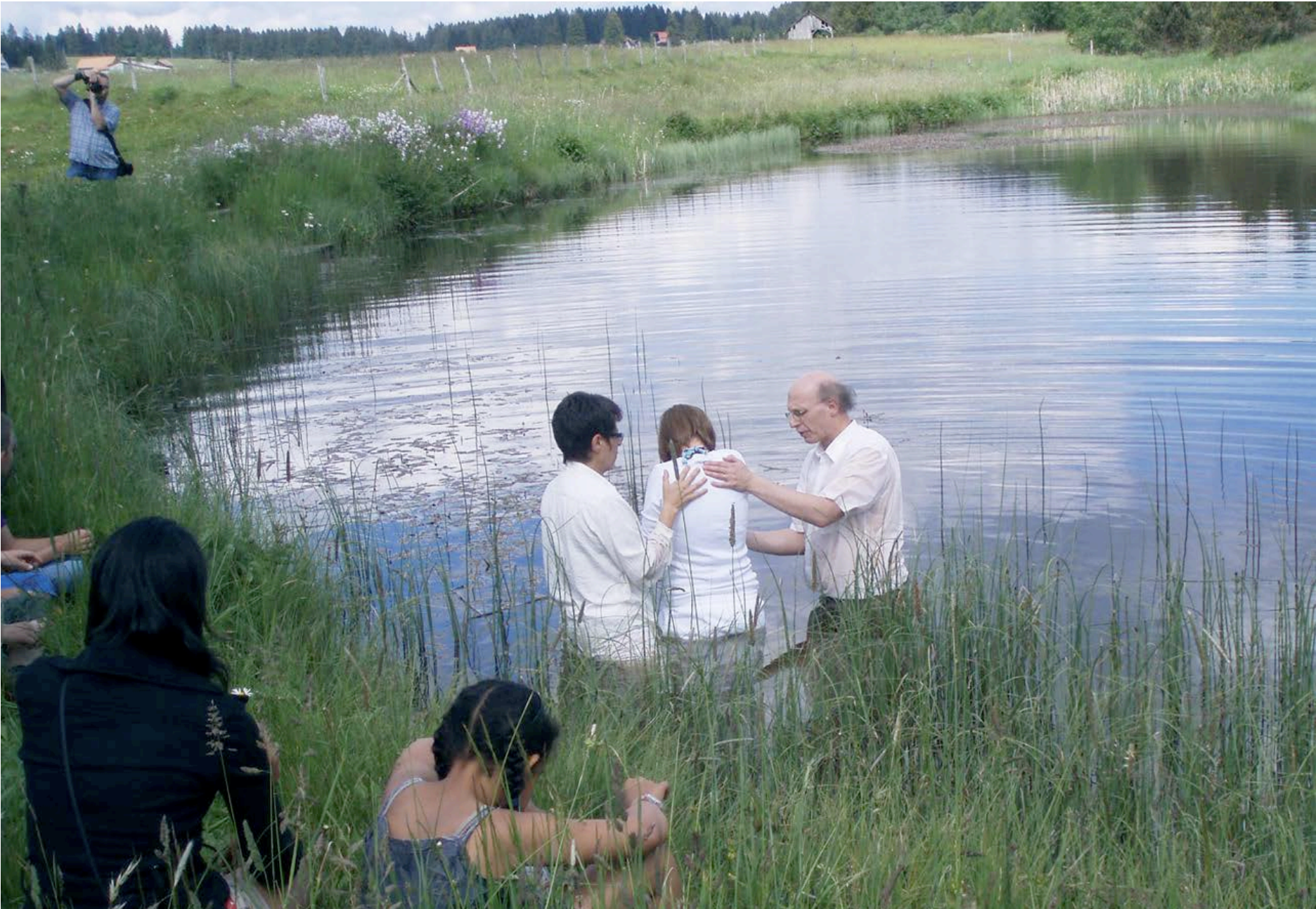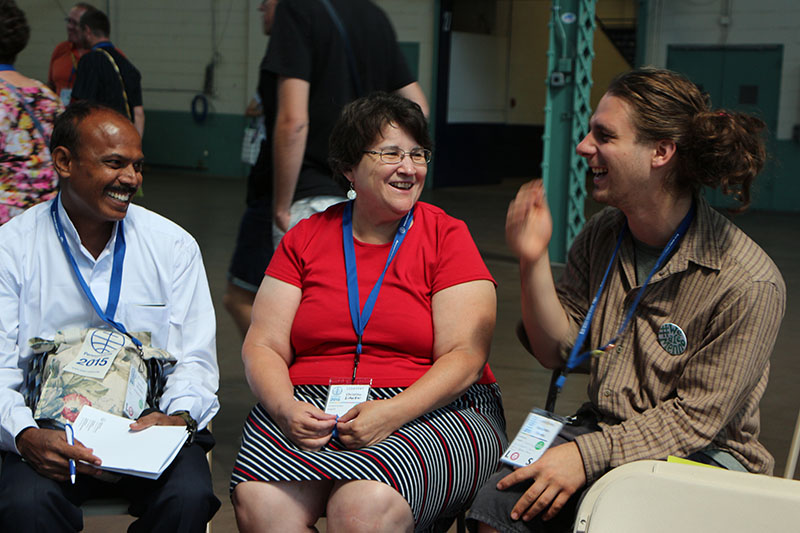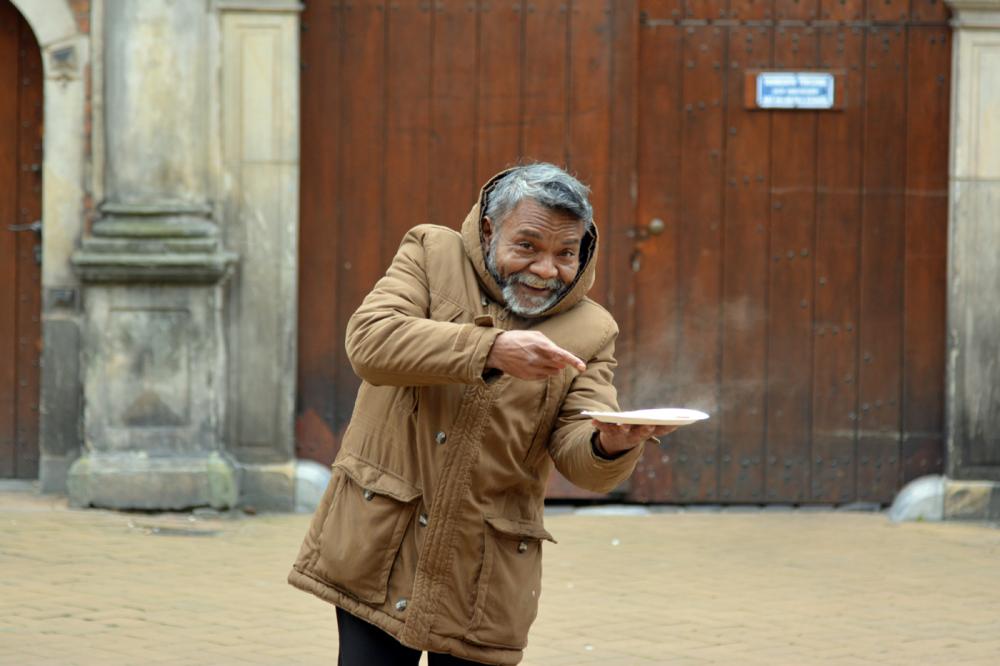-
New generation of YABs committee members
Bogota, Colombia – Five new young adults have been appointed to represent young people from their continental regions in Mennonite World Conference (MWC) on the Young AnaBaptists (YABs) Committee. Makadunyiswe Doublejoy Ngulube (Zimbabwe), Ebenezer Mondez (Philippines), Jantine Huisman (Netherlands), Dominik Bergen Klassen (Paraguay), and Larissa Swartz (USA) will have their first meeting as the new…
-
Healing wounds through art: A YAMEN experience
Bogotá, Colombia – For Keila Viana, seeing how art can heal wounds deepened her understanding of God and his love during her international service in Phnom Penh, Cambodia. “I believe that during this time God worked a lot in my life,” says Viana, a 22-year-old young adult from the Iglesia Evangélica Menonita Camino de Santidad,…
-
A prayer for hope
Colombian peace and justice organizations call for prayer for the La Esperanza community Bogotá, Colombia – “We know that in many places throughout the world there is war, violence and hunger.” With this acknowledgement, Mennonite partners working for peace and justice in Colombia call on Anabaptist-related brothers and sisters around the world to pray for…
-
Prayer transcends barriers
Assembly prayer network connected Anabaptist body to each other and God Winnipeg, Canada – “When people came together in the prayer room, many times no words were needed,” says Joanne H. Dietzel, Lancaster Mennonite conference coordinator. “A prayer, a touch, offering a tissue for tears, a smile – all transcend language barriers and build up…
-
MWC Assembly balances books
Bogota, Colombia – Assembly PA 2015, the once-every-six-years gathering of Mennonite World Conference, closed financially at break-even, that is, without a deficit. The MWC operations team continuously made adjustments, maintaining priorities of environmental sustainability and financial stewardship despite unexpected developments. The net total income of $3,300,000 USD from registrations and donations (adjusted for transfers to…
-
World Fellowship Sunday 2015: A testimony of our global family
World Fellowship Sunday is a celebration that brings us close to our roots and allows us to get together with our family of faith to give thanks to God and to worship. This is a date when we encourage Anabaptist related churches around the world to worship around a common theme the closest Sunday to…
-
“We should do this again”
A glimpse of Assembly 2015, a glimpse of God’s intention to bring peoples together, a calling for one multicultural congregation “We should do this again!” commented a Hmong young adult, a sentiment heard often after Kitchener First Mennonite Church’s Assembly Scattered weekend in early October 2015. Nearly 60 youth, children and adults from the congregation…
-
European leaders release statement on refugees
Bogotá, Colombia – Leaders of Mennonite conferences in Europe and international guests met in Buhl, France, for their annual gathering of planning and fellowship 23-25 October 2015. The assembled leaders drafted a statement to express their concern about the refugee crisis in Europe. “The refugees of our time remind us of biblical stories of power…
-
A quelles conditions ‘tre baptisé ?
Comment répond-on à cette question, selon que l’on vit dans le Nord ou le Sud du globe ? Points de vue suisse et congolais. Point de vue Suisse Dans la vie communautaire des mennonites suisses romands ou francophones, certaines questions se posent par rapport au baptême. Elles sont révélatrices des changements intervenus au sein des…
-
Taiwan Mennonite Church celebrates 60 years
Taipei, Taiwan – On 25-26 October 2014, more than 1,100 Taiwanese Mennonites attended a gala celebration to mark the 60th anniversary of the Fellowship of Mennonite Churches in Taiwan (FOMCIT). FOMCIT is a Mennonite World Conference member church. Held at the China Youth Activities Center in Taipei, the two-day celebration focused on the theme “Legacy,…
-
The gift of conversations at Assembly PA 2015
Friendship Groups and Activities There were so many great things about the Mennonite World Conference [Assembly, PA 2015]. This was my first time going, and I really appreciated the worship sessions, especially the diversity. (I had no idea what Japanese worship was like!) But perhaps the most important reason I wanted to go to [PA…
-
God will show you the way
Meal ministry at Dutch Mennonite church welcomes addicts and homeless Life did not go as planned for Max Tauran. A patron of Doperse Dis (a three-year-old meal ministry in a northern Dutch city), he told the audience at a fundraising dinner that “[Life] simply went as it came…[including] chaos, mistakes, pain and sorrow.” For six…
